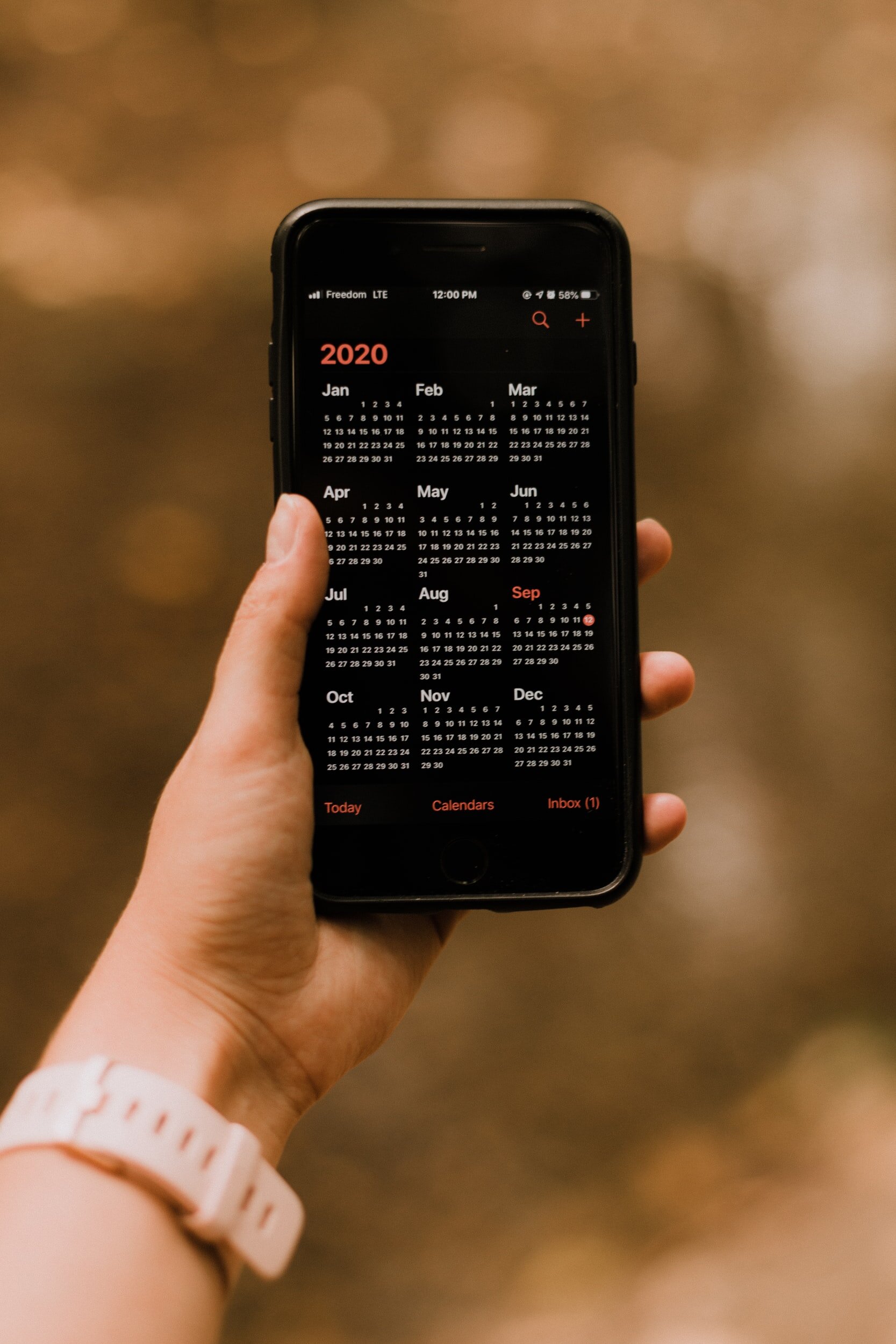Coping | IBD

Photo by Aaron Burden on Unsplash
A pen and blank piece of paper, so that we can write a new narrative about people with chronic illness.
Most of the societal narratives that exist for chronically ill people fall into two extreme categories: you are either a sad sick person whose miserable life warrants excessive pity, or you are a superhero who overcomes your illness against all odds!
But how do I create a life for myself with illness if I am neither of those extremes? How do I share my challenges and triumphs without being pigeon-holed into either category?
I often hear that I am a “hero” and “inspiring” for continuing on “despite your illnesses.” I appreciate the sentiment behind statements like this, and do appreciate words of encouragement at times. But being labeled “inspirational” can actually be harmful for a number of reasons (see Stella Young’s insightful talk on “inspiration porn”).
Yes, I am strong. Yes, it’s hard to live with the daily pain and sickness Crohn’s brings me. But I resent the idea that I need to be a “hero” to navigate the world when changes in accessibility and society’s treatment of sick people would make my survival easier and less of a battle to be fought.
When people call me “inspirational,” I feel like that’s who I have to be, as if I am letting people down when I can’t be as strong as they think I am. No one can be heroically strong all of the time, and feeling pressured to power through can actually make things worse.
My Crohn’s diagnosis came at age 22, right before I started graduate school to get my Masters of Social Work. In the last few years, I have tried several intense medications for my Crohn’s, have been diagnosed with various other physical and mental illnesses, have lived alone with serious health challenges during a pandemic, have had literally hundreds of medical appointments per year, have spent innumerable hours managing the logistical aspects of my care, have gotten an A in every single one of my graduate classes, have volunteered with Girls with Guts and the Crohn’s and Colitis Foundation, and have worked hard at my job and internships.

Photo by Priscilla Du Preez on Unsplash
A person checks their iPhone calendar to keep track of their fuller packed schedule.
A few months ago, a therapist reflected, “I think you might be doing too well for your situation.” Instantly, I felt relief at his recognition of my pain and struggle. So often, all I have heard from folks is “You are amazing! You’re so impressive!” Hearing the words “You might be doing too well for your situation” felt like the permission I didn’t know I needed. The permission to say, “I don’t know if this life I’m living is humanly possible, and I am not really okay.” The permission to say, “I am not a superhero, and I have limits.”
Unfortunately, societal structures often mean that those of us with IBD have to push past our limits in order to survive. Sometimes, we have to be amazing and superhuman in order to keep jobs, healthcare, housing, and food.
And, given the limited narratives around chronic illness, I worry that by showing the harder moments of my IBD journey, people will instead label me as pitiful. What I want is for the narrative to expand, for chronically ill folks to be seen as whole and nuanced humans (see Tessa Miller’s thoughts on how being called inspirational is “a reduction of humanity”).
Some days, I do awesome projects at work, plan chronic illness events, write powerful blogs, laugh with friends, and watch goofy television shows. Other days the physical pain and exhaustion hit me so hard that I find myself curling up on the floor until I find the strength to carry on again. Some days I delight in dreaming about the future. Other days the reality that I will always live with some degree of pain and sickness sends me into intense fits of despair and panic that I just have to ride out. Some days I am cheerful and grateful, and other days I am resentful and irritable.
I have spent a lot of time in the last few years trying to carve out a sustainable, joyful, and meaningful life for myself with my IBD and other illnesses. Recently, I have banned my therapist from talking about my strengths. I know what my strengths are, and I hear about my strength all the time. I do not need to learn how to be strong. I need to learn how to soften (see rupi kaur’s poem on the concept of “softening”). I need to learn how to seek out and accept support in managing my IBD and other illnesses, and how to entrust others with my pain and suffering, as well as with my impressive accomplishments.
I am still figuring out this life in Chronic Illness Land, but I know that the progress I have made is thanks to fellow Girls with Guts sharing their genuine, unsugar-coated stories of trials and tribulations with me. I hope that society will begin to see that those of us with IBD are so much more than heroes or tragedies. We deserve to live full and rich lives that exist beyond the margins of resilience and pity. We deserve to throw out these tired, restrictive narratives about chronically ill life, and to create expansive futures beyond our wildest dreams.
